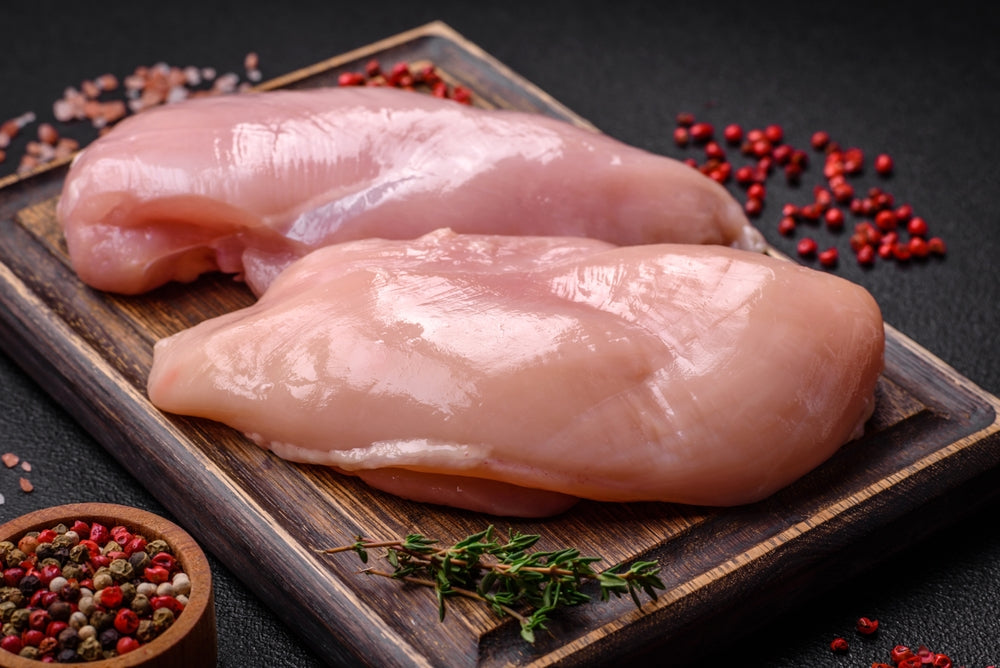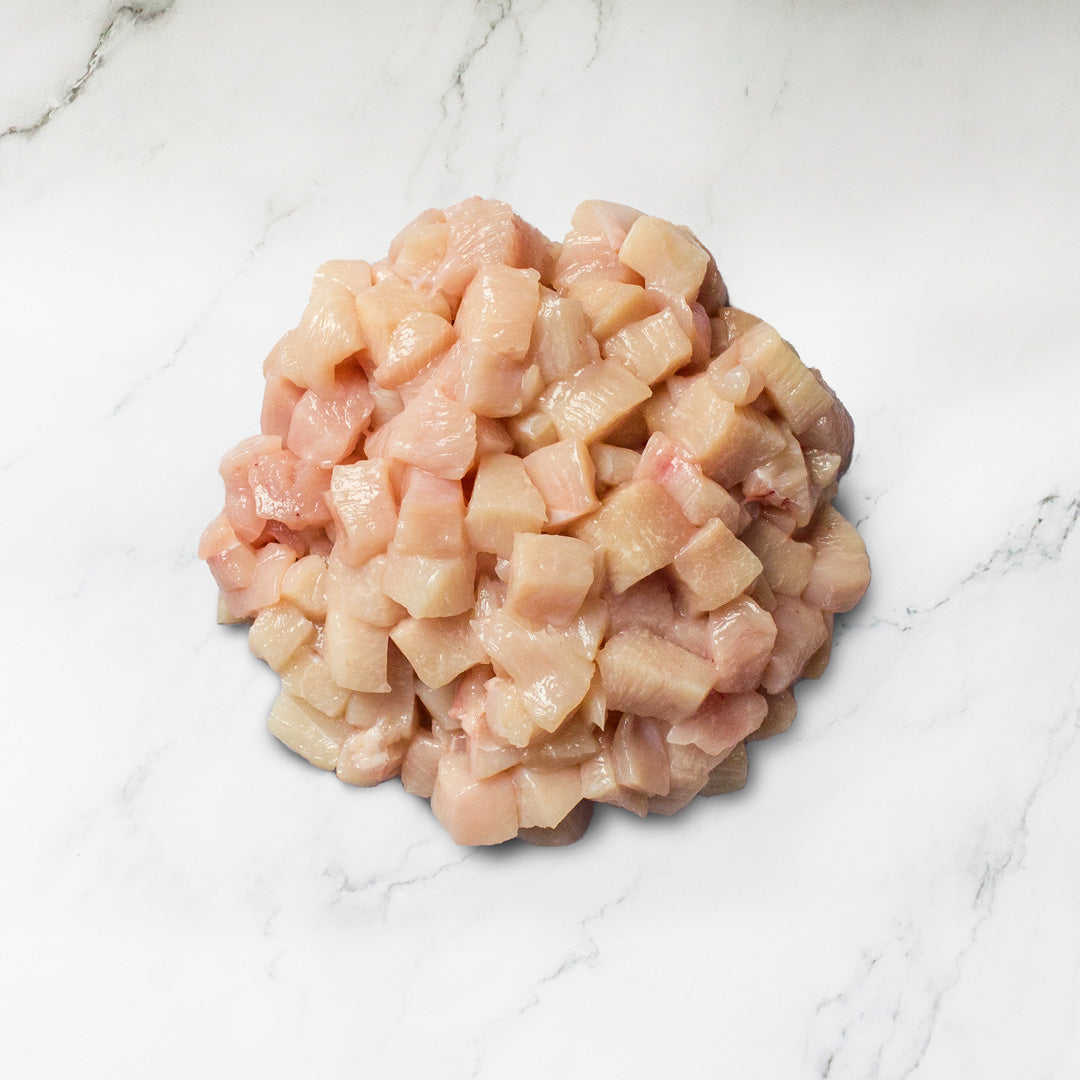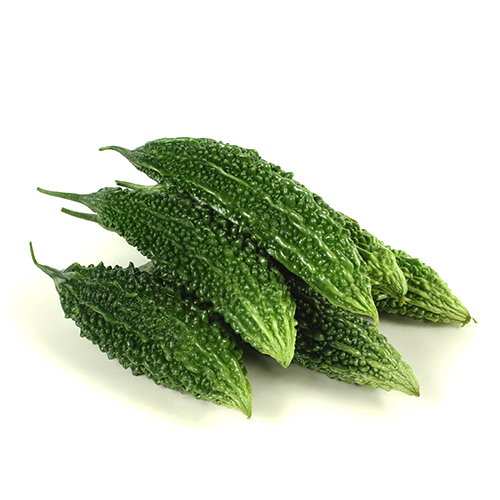When buying meat in the UK, many shoppers want to know how halal slaughter works and whether it is different from conventional methods. Some people believe halal is rooted in respect and cleanliness, while others raise concerns about animal welfare and stunning practices. Both perspectives deserve attention, but the best way to understand is by looking at the process step by step.
This guide explains what halal slaughter really means, how it is performed in the UK, and why SaveCo Online customers can buy with confidence knowing every cut meets strict halal certification.
What Halal Slaughter Really Means

Halal means “permissible” in Arabic. For meat to qualify as halal, it must meet Islamic requirements that go far beyond the act of killing. The animal must be healthy, the slaughter must be carried out by a Muslim, and a prayer must be recited before the cut. The blood must also be fully drained, since blood consumption is forbidden.
This method, known as the dhabiha process, is not simply about food preparation. It is about compassion, cleanliness, and faith. Halal slaughter is designed to treat the animal with dignity, ensuring its life is taken with care and respect.
SaveCo builds trust with customers by only working with suppliers who meet strict HMC halal standards. This reassurance gives peace of mind that every stage has been properly monitored.
Step by Step Halal Slaughter Process
The process of halal slaughter follows a clear and structured method designed to be swift, clean, and respectful.
-
Animals are given water and handled calmly before slaughter
-
A Muslim slaughterman performs the process
-
The words “Bismillah, Allahu Akbar” are spoken before the cut
-
A sharp knife makes one clean slice through the throat, severing the jugular vein, carotid artery, and windpipe
-
The animal must be alive at the time of slaughter, not already dead from stunning
-
Blood drains completely from the body
This structured sequence is what makes halal slaughter distinct from conventional methods, where stunning is often used as the first step.
For those who want to explore differences between standards, SaveCo explains halal vs HMC halal in detail so shoppers know exactly what certification means.
Stunning And Halal Rules In The UK
A frequent question is whether stunning is permitted under halal rules. UK law encourages stunning before slaughter, considering it part of animal welfare standards. However, in halal, the animal must be alive at the moment of slaughter, which makes stunning controversial.
Reversible stunning is sometimes allowed. This technique temporarily stuns the animal but does not kill it, meaning the slaughterman can still perform the dhabiha cut while the animal is alive. Non-reversible stunning, which kills the animal before slaughter, is not halal.
Different certification bodies take different positions. Some allow reversible stunning, while organisations like HMC prohibit stunning entirely. SaveCo only works with HMC-certified suppliers, removing all doubt for customers.
It is also worth noting that rules vary across countries. In the EU, reversible stunning is often more common in halal slaughter. In the UK, stricter monitoring has made certification essential to maintain consumer trust.
For more reassurance, SaveCo explains why only HMC halal is chosen.
Why Halal Is Considered Humane
The idea that halal slaughter is cruel is a frequent misconception. In reality, the dhabiha method was designed to minimise suffering. A swift cut severs major blood vessels instantly, which leads to rapid unconsciousness.
Halal also sets strict welfare rules. The animal must be treated with care, given water, and slaughtered away from other animals. The prayer spoken at the time of slaughter is not just symbolic. It is a reminder that the act must be carried out with respect and mindfulness.
Critics sometimes compare halal to conventional slaughter, where stunning is routine. Supporters argue that when halal is performed correctly, it is equally humane. In fact, some studies suggest the draining of blood helps animals lose consciousness faster.
For further reading, SaveCo offers blogs on halal practices such as why halal wagyu beef is becoming popular.
Halal Compared With Kosher
Halal is often compared to kosher, the Jewish method of slaughter. Both share similarities but also key differences.
Similarities include:
-
Both require the animal to be healthy and treated well before slaughter
-
Both use a single sharp cut across the throat
-
Both drain the blood fully as part of the process
Differences include
-
Kosher does not permit stunning under any circumstances, while halal may allow reversible stunning depending on certification
-
Kosher requires a specific blessing from a shochet, while halal requires the tasmiya prayer by a Muslim slaughterman
-
The handling and inspection rules after slaughter differ, with kosher requiring additional checks
For consumers, this comparison highlights why certification matters so much. Standards can vary, and the reassurance of HMC certification gives SaveCo customers confidence.
Why Certification Matters For Halal Meat
Certification is at the heart of trust in halal meat. Without it, consumers cannot be sure the process has been followed correctly. HMC certification is particularly valued because inspectors monitor slaughterhouses in person and verify every stage, from the farm to packaging.
For SaveCo, this certification is a guarantee of authenticity. It removes the grey areas that confuse consumers and ensures meat is prepared exactly as required. Customers can learn more by visiting SaveCo’s page on where to buy halal meat.
Knowing Your Meat Is Truly Halal
Because standards vary, customers want to know their meat is genuinely halal. SaveCo guarantees this through its HMC certification. Independent inspectors check slaughterhouses and monitor every stage from farm to packaging. No shortcuts are taken, and all rules are followed.
This transparency means SaveCo customers do not have to rely on vague claims. Every piece of meat is backed by certification, giving full confidence.
To learn more about shopping with trust, SaveCo has a detailed page on where to buy halal meat.
Why Customers Choose SaveCo
SaveCo goes beyond being a retailer. It offers nationwide delivery, full transparency, and ongoing education about halal standards. Customers can read guides like how to cook halal wagyu steak or explore halal chicken recipes.
The website also makes it simple to check shipping options, browse the FAQs, or contact the team directly for personal support. This accessibility builds customer trust and positions SaveCo as more than just a meat supplier.
Clearing Up Myths About Halal Meat
Halal slaughter attracts myths that confuse both Muslim and non-Muslim shoppers. Here are the most common ones
Myth – Halal is always cruel
Fact – A swift cut brings rapid unconsciousness, and UK law enforces animal welfare standards
Myth – Halal meat is never stunned
Fact – Some halal meat in the UK uses reversible stunning, though HMC does not allow it
Myth – All halal suppliers follow identical rules
Fact – Standards vary, which is why certification is essential
SaveCo tackles these misconceptions by offering clear explanations and reassurance. Customers can also learn how to prepare halal food confidently with recipes such as how to make the best halal steak at home.
Key Takeaway On Halal Slaughter
 Halal slaughter is not just a method of killing. It is a religious practice built on faith, respect, and compassion. While debates around stunning continue, halal in the UK is tightly regulated and certified.
Halal slaughter is not just a method of killing. It is a religious practice built on faith, respect, and compassion. While debates around stunning continue, halal in the UK is tightly regulated and certified.
For shoppers, the safest choice is to buy from suppliers who are transparent about their practices. SaveCo Online provides that reassurance with certified halal meat delivered across the UK.
Explore halal meat delivery at SaveCo and shop with complete confidence.












